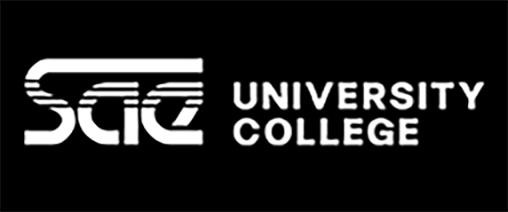Date of Submission
12-2021
Type of Work
Dissertation
Principal Supervisor
Dr. Toby Wren
Keywords
Performance autoethnography; arts-related research; video art; short film; wounding; healing; self-injury; self-harm; trauma; queering bodies; transgressive art; sexual assault; survivor narratives; posttraumatic growth; disruptive practice
Audience
Restricted (R 18+) - high impact language/themes, includes vilification, extreme language/violence, restricted to adults
Abstract
The following is an exegesis that accompanies a performance in film. Together they reveal an autoethnographic journey of a researcher-filmmaker that contributes to the open-ended examination of the human experience through the language of art. The study explores a disruptive, trauma-informed healing ritual of “wounding while healing”. The artistic and scholarly practice is guided by the theoretical principles of art-based research throughout the process. Centring around the lived experience of the researcher as a survivor of sexual assault; the knowledge generated through the work is motivated by a political and personal desire to provoke change. Correspondingly, the film performance interrupts discourse as it pushes its own agenda to speak to the lasting impacts of trauma. The film’s narrative uses an experiential device, designed to drive empathy and understanding of an internal battle being fought out of sight. This work holistically offers the body—the filmmaker’s body informed by rape culture, and societies medicialised response to the resulting trauma—the as the medium to convey the message. This combination of research and creative practice propositions the reader to question, how we engage with, and value survivors' stories. What arises is an authentic voice that through rigorous self-reflexive discourse evaluates the culture from within its constraints.
The scope of the research is limited to one perspective but the access to this perspective is limitless. The research is politicised in its call to action, as it intersects the intimate, and the social justice imperative of its exploration of healing and connection. The implications of this study are in the seeding of disruptive, trauma-informed research into institutional settings. Thereby, strengthening representation in academic literature of sexual assault survivors heard in their own embodied autoethnographic voice. Providing the research community with a perspective of academically articulated lived experience. Furthermore, the performance in film seeks a more accessible connection to people engaged in healing rites of their own. Together this exegesis research and creative practice deepens our understanding of the complex human desire to feel whole by any means possible.
Recommended Citation
Rotten, A. (2021). Healing Rites: A Performance Autoethnograhy [Masters dissertation, SAE University College]. Creo.

